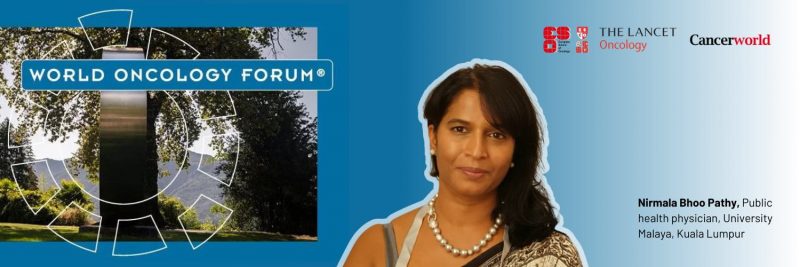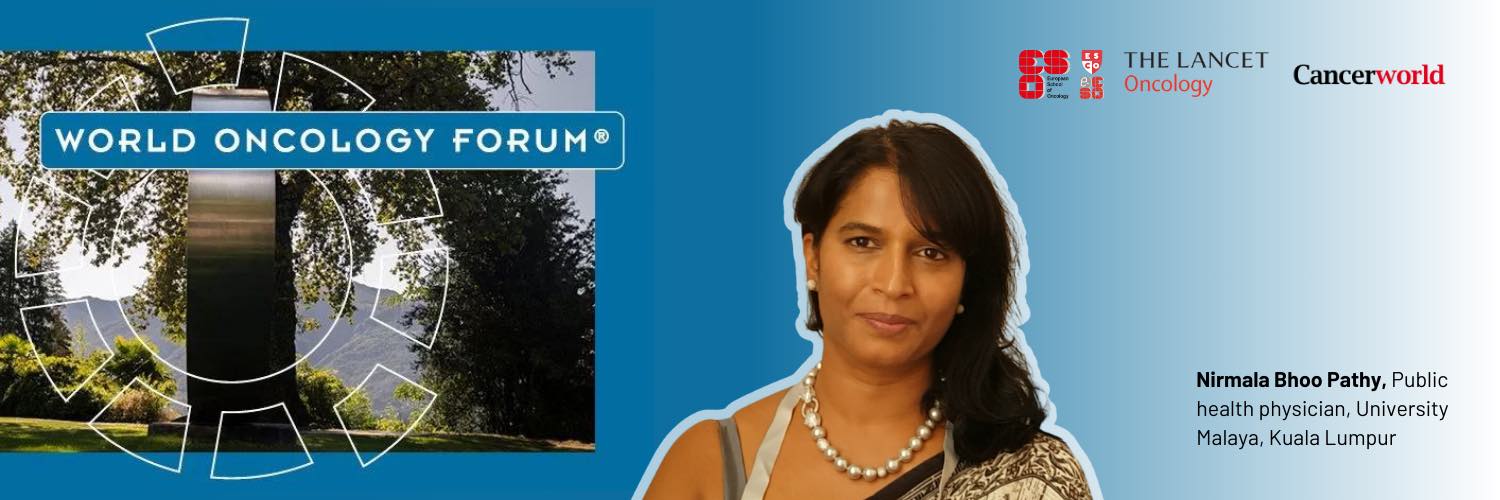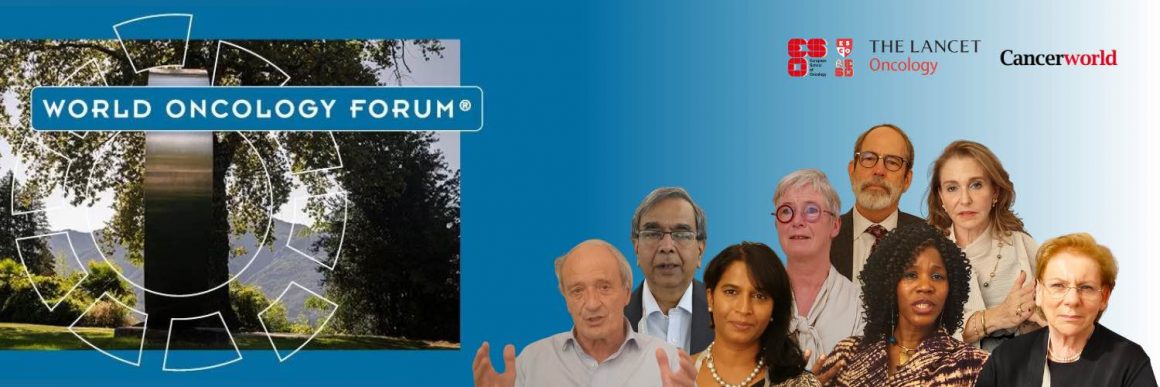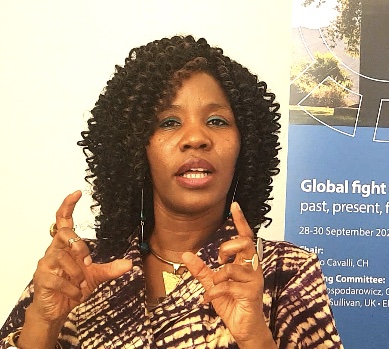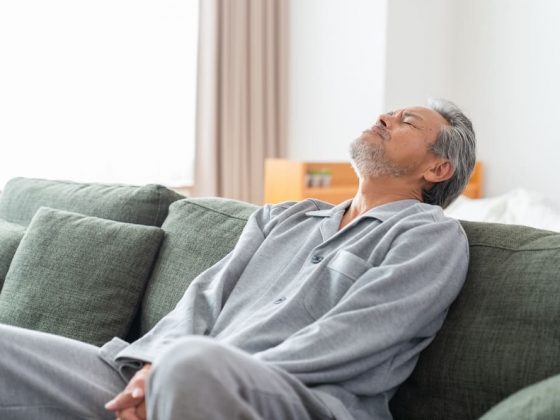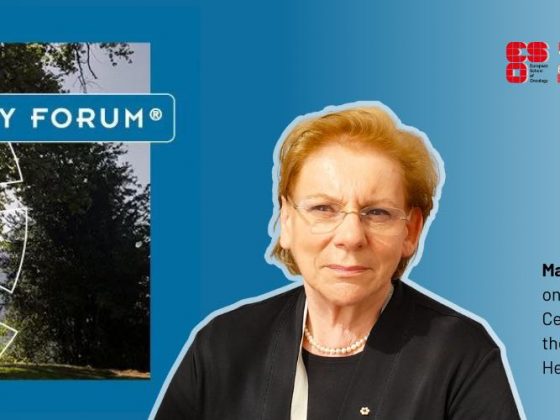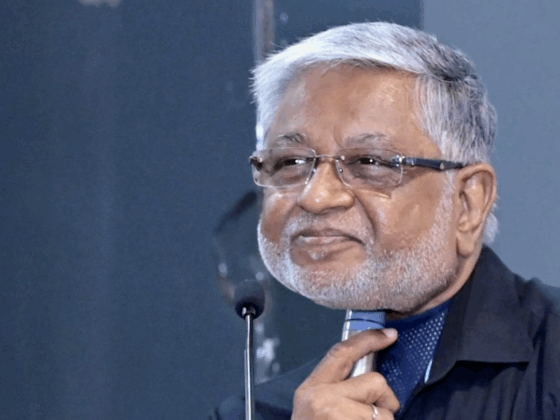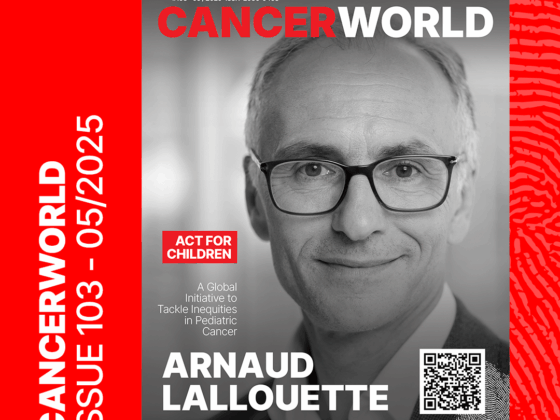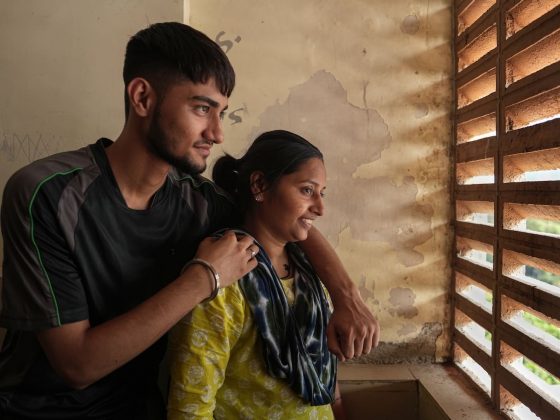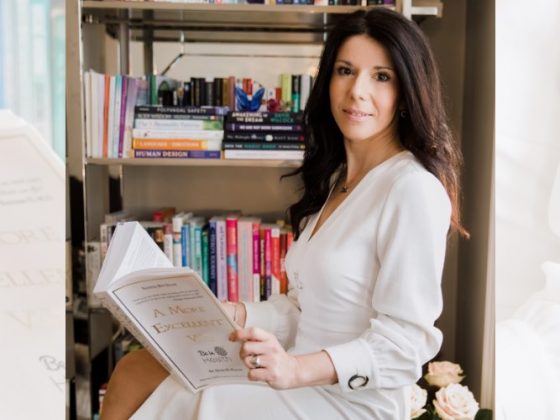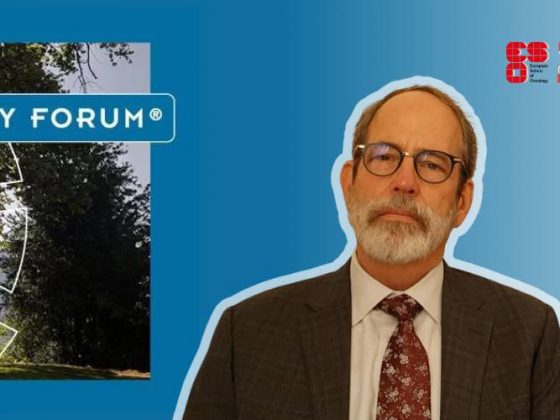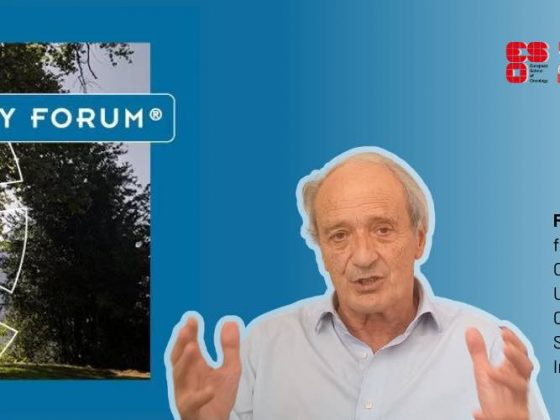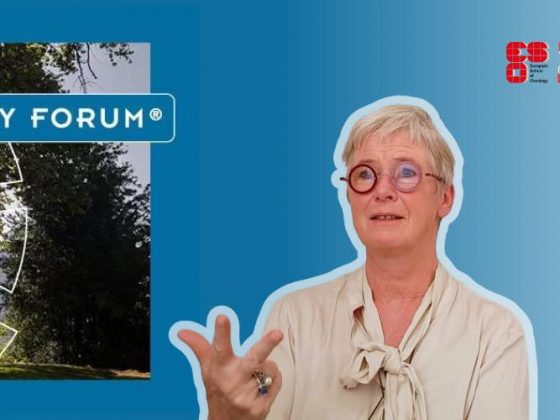What progress can we point to? I think we have made good progress in prevention, secondary prevention, especially in terms of screening for cervical cancer, HPV vaccination, elimination of cervical cancer – that is where we are heading in the right way. There’s a lot of global action that has been trickling down very well, permeating many of the lower- and middle-income countries, particularly in Asia. That is a win we see in the cervical cancer space.
I also think, generally, there is more public awareness about cancer. In the past people used to think: “it’s not my problem.” But now, because there are more and more personal stories – stories of friends and family members affected by cancer – people are beginning to realise that it is everyone’s problem. So that is a big win and it’s happened in Malaysia, but also in South East Asia and elsewhere.
Where are we failing? Where we have not been successful is in providing supportive care and palliative care for people living with cancer. I think this topic is so important in low- and middle-income countries. Yes, it is really good to talk about prevention, early detection, management, optimal treatment and so on. But what do we do with people who are already diagnosed with cancer – be it early stage or late stage? It is not just all about providing treatment or curative care. It’s also about giving them an opportunity to live well with cancer, and we have not done well in that area. That is an area that many countries have to focus on in terms of investment.
What should we be advocating for today? What is not being discussed is how do we get patients to get a better quality of life? How do we improve wellbeing? We need to make sure investments are also made in helping people to live better not only physically but also mentally and financially. When we enable people to return to work, we are also building the economy – we are doing it for communities and the entire country.
During the pandemic, governments and healthcare professionals learnt how to engage with civil societies there was a lot of engagement with civil society. Why can’t we use the same approach with cancer? When we are talking about providing supportive care, it need not come from physicians alone, or nurses alone, or other healthcare professionals. It can come from members of the community. We need to buck up and use the lessons from Covid and try to do something better for the patients.
We should be investing more in patients, in things that matter to patients. We need more research, but also more implementation of interventions, testing of interventions that will help patients to achieve wellbeing beyond physical wellbeing.
This was one of eight interviews with participants of the World Oncology Forum that were conducted by Cancerworld. Click on the links below to see what the others had to say.
Advocating for accessible cancer care in the global South: are we doing this all wrong?
Miriam Mutebe, Breast cancer surgeon, Agha Khan University, Nairobi, and President Elect of AORTIC, the African Organisation for Research and Training in Cancer
“We need to think critically about how our healthcare system can deliver the best for patients”
See interview summary | See video
Felicia Marie Knaul, Co-chair of the Lancet Commission on Cancer and Health Systems, Sylvester Comprehensive Cancer Center and Director of the Institute for Advanced study of the Americas, University of Miami, Florida, President of the Mexican breast cancer advocacy group Tómatelo a Pecho
“In this post-Covid world we have the opportunity to harness technology in ways that we have never seen before”
See interview summary | See video
Srinath Reddy, Founder and Past President of the Public Health Foundation of India
“We need to make care affordable and strengthen our health workforce so we have people who can deliver the wide range of services that are needed”
See interview summary | See video
Bente Mikkelsen, WHO Director for Non-Communicable Diseases
“We should think through what is needed to ensure we have accountability, and simplify the metrics on what success looks like”
See interview summary | See video
Franco Cavalli, Founder & organiser of the World Oncology Forum, past Chair of the Scientific Committee of the European School of Oncology, past President of the UICC
“We need another approach, where governments, public spending, taxes, together with development banks play the overarching role in financing the global fight against cancer”
See interview summary | See video
Ben Anderson, Breast Cancer Surgeon, WHO Global Breast Cancer Initiative lead
“Our role is not to tell everybody what to do; it’s to create tools so they can do this in the way that is most effective in their environment”
See interview summary | See video
Mary Gospodarowicz, Radiation oncologist at Princess Margaret Cancer Centre, University of Toronto, co-chair of the Lancet Commission on Cancer and Health, Past President of the UICC
“We’ve been talking to decision makers for 20–30 years. It hasn’t worked. I think we now have to engage better with the public”

